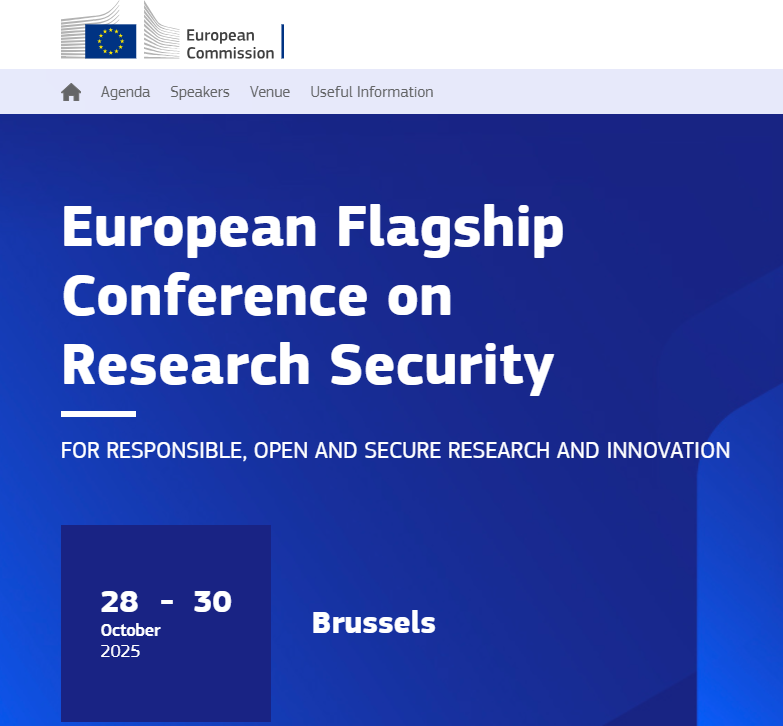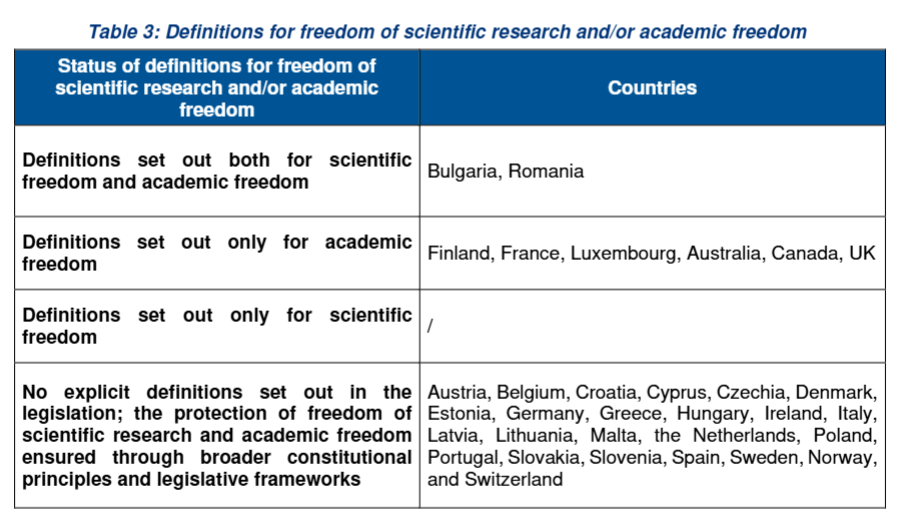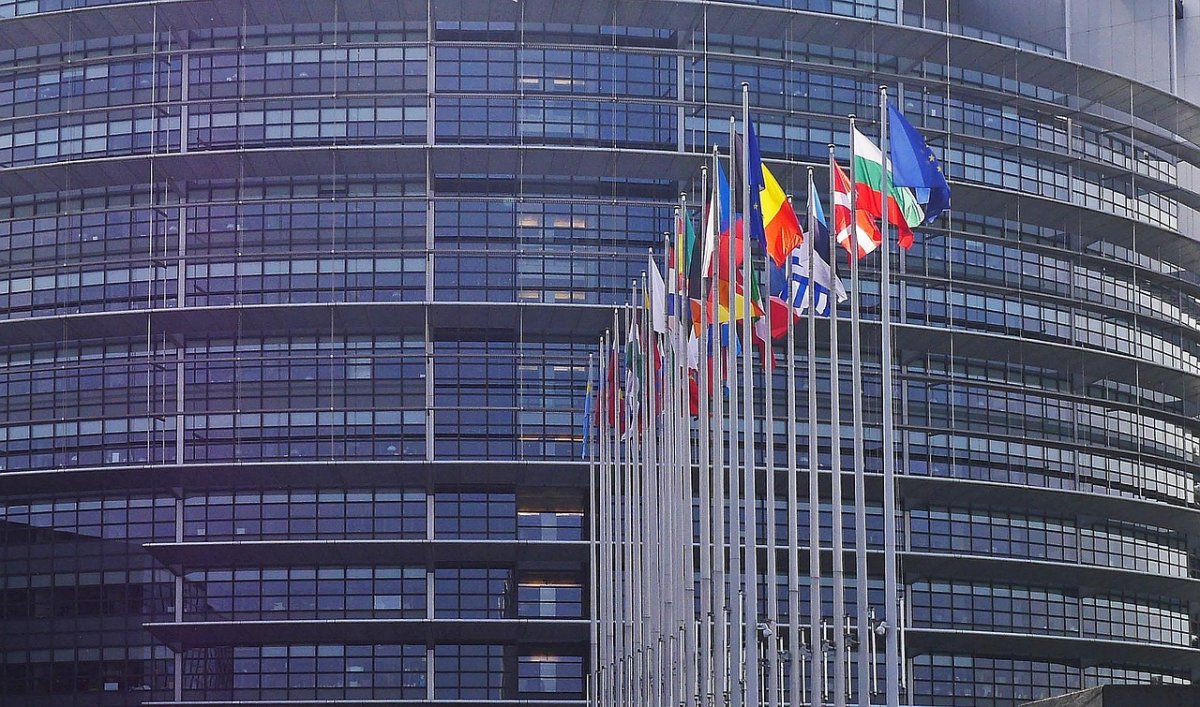“In a borderless research area, there can be no weak links. By protecting research security across Europe, we will safeguard academic freedom, our open and trusted research system, and empower Member States to take action” said Ekaterina Zaharieva, European Commissioner for Startups, Research, and Innovation.
Commissioner Zaharieva pledged to include research security in the Commission’s forthcoming European Research Area Act proposal (ERA). Adoption of the European Research Area Act is expected in 2026.
The Commission has opened public consultation on the upcoming ERA. Have your Say here until 23 January 2026.
Other measures introduced by the Commissioner included the establishment of a new European Centre of Expertise on Research Security inside the European Commission, the creation of a due diligence platform to help researchers to assess risks of international cooperation and a new common methodology for Member States to test the resilience of their research-performing organisations.

These initiatives were announced at the inaugural European Flagship Conference on Research Security, held during 28-30 October in Brussels. The conference was co-organized by the European Commission and 12 European R&I organizations bringing together 500 policymakers, experts, and practitioners from Europe and international partner countries.
The 12 European stakeholder associations included: ALLEA, CESAER, Coimbra Group, EARTO, EECARO, EUA, EU-LIFE, G6, LERU, Science Europe, The Guild and YERUN.
Gaps in academic freedom protection across jurisdictions
Meanwhile, the Commission’s final report on the protection of scientific research freedom was recently published. Titled: ‘A comprehensive legal, policy, and comparative analysis for promoting and protecting the freedom of scientific research in Europe’, the study provides both a legislative analysis (de jure) and an analysis of the practical realities (de facto) “shaping researchers’ autonomy, institutional independence, and international collaboration”.
According to the main findings of the de jure study, member states have different definitions for scientific freedom and for artistic freedom, protected under varying approaches of constitutional or other legislative means. The lack of uniform definitions complicates the landscape and underscores the need for a more standardized approach across jurisdictions (click on image to enlarge).

For example, 24 countries under study have no explicit definitions in their legislation, Bulgaria and Romania have set definitions for both scientific and academic freedom, while only academic freedom is defined in Finland, France, Luxembourg, Australia, Canada and the UK.
Political agendas hinder research independence
The results of de facto analysis suggest that institutions are often compelled to align their work with prevailing political agendas or societal expectations.
Researchers may be led to self-censorship especially when working on issues of political sensitivity, while incidents of intimidation or even violence were also reported. Institutional autonomy may be influenced by external pressures such as government funding priorities. Excessive bureaucracy or other administrative complexities may as well hinder research independence, driving researchers away from productive research activities.
Earlier this year, the findings of the European Parliament’s Academic Freedom Monitor 2024, underscored alarming trends such as declining academic freedom index in seven EU member states and seven with rising violation reports, suggesting that "is under threat even in countries that previously stood in its defence".
Find more here
Image by Erich Westendarp from Pixabay - Free for use under the Pixabay Content License










